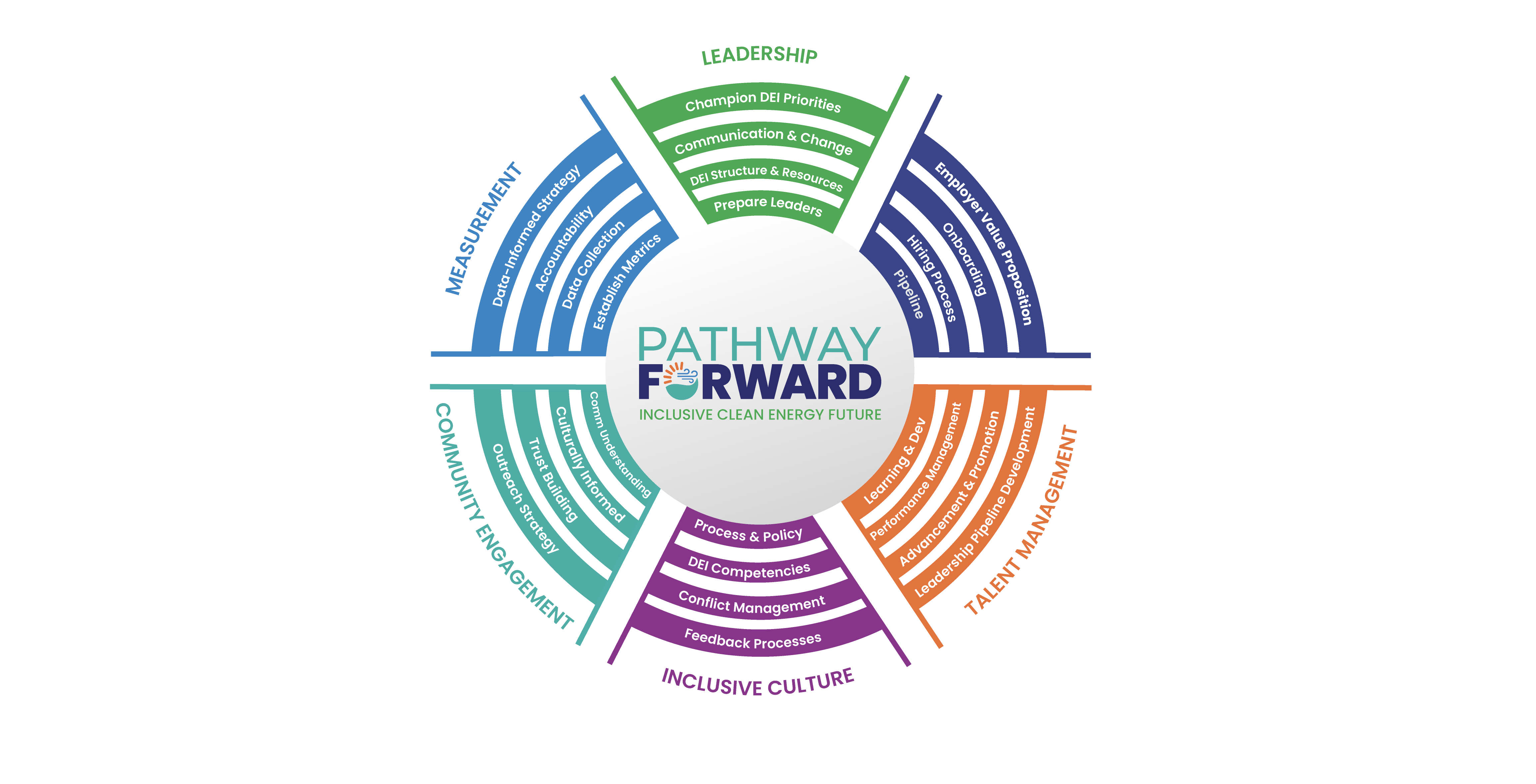
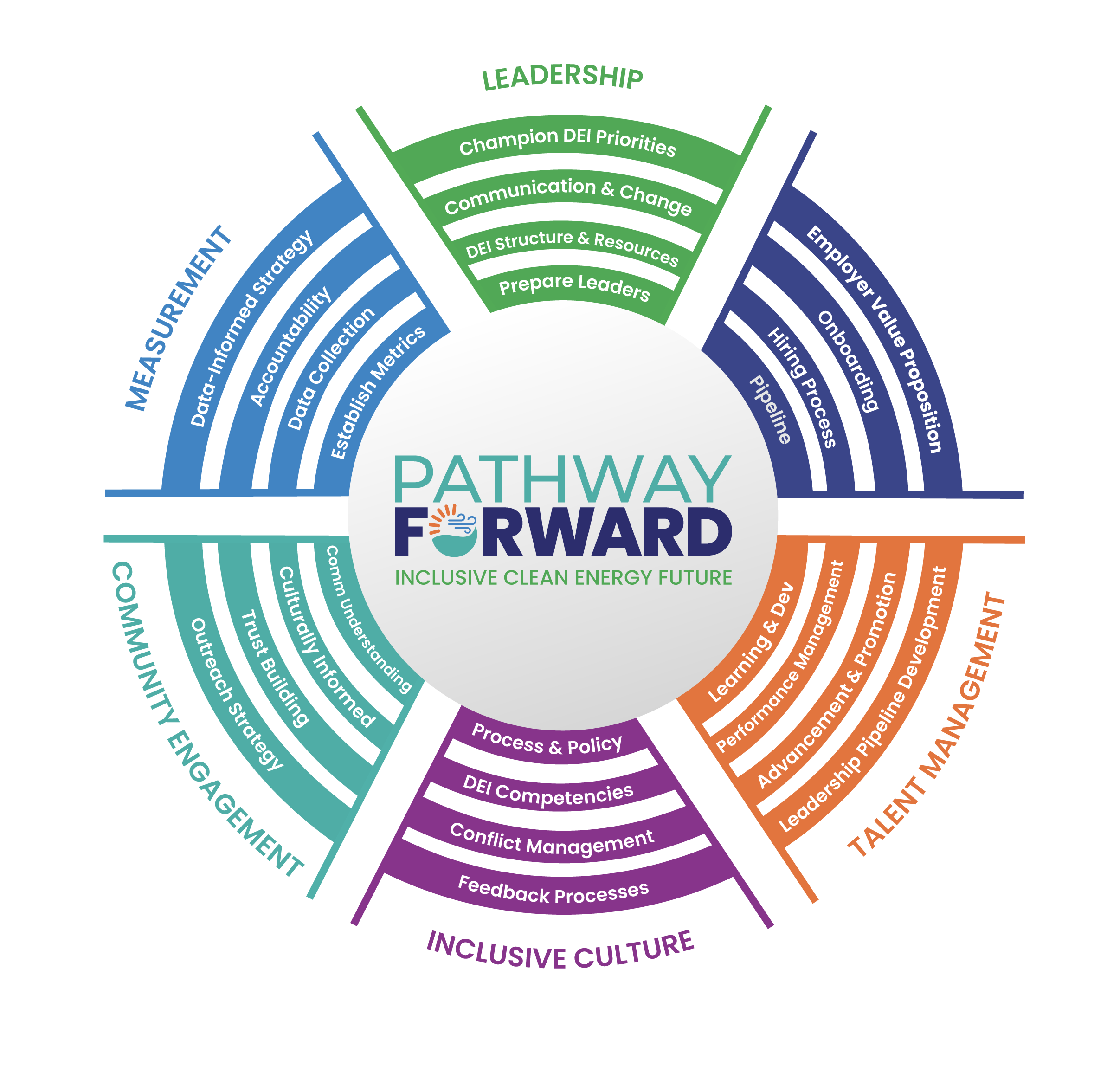
Framework
Overview
The Pathway Forward Framework is a comprehensive tool for advancing organizational growth in building fair, representative, and welcoming workplaces within the clean energy industry. It provides accessible, measurable approaches for implementing actions tailored specifically for renewable energy organizations. Understanding effective practices, behaviors, and actions that support equity and representation—regardless of size, location, or sector—can accelerate the transition to a more inclusive workplace.

Six Levers of the Pathway Forward Framework
The framework model identifies six “levers” of organizational functioning that are most critical to advancing opportunity within clean and renewable energy sectors. Each lever highlights actionable areas for internal assessment and growth.
Leadership
Leadership sets vision, directs resources, and ensures accountability to foster inclusive cultures and create equitable opportunities across clean energy organizations.
Recruitment Pipeline
Recruiting talent involves intentionally attracting, engaging, and hiring candidates with varied backgrounds and skill sets within the renewable energy sector.
Talent Management
Inclusive Culture
Community Engagement
As an industry, adoption and broader engagement with renewable energy must involve building relationships with all communities.
Measurement
Measurement involves collecting and analyzing data to understand stakeholder experiences for informed decision-making in efforts to promote fairness, representation, and belonging within clean energy.
Five Growth Stages
For every lever, there are five defined stages of growth. Each company can identify the next steps on their journey toward fostering welcoming and fair workplaces.
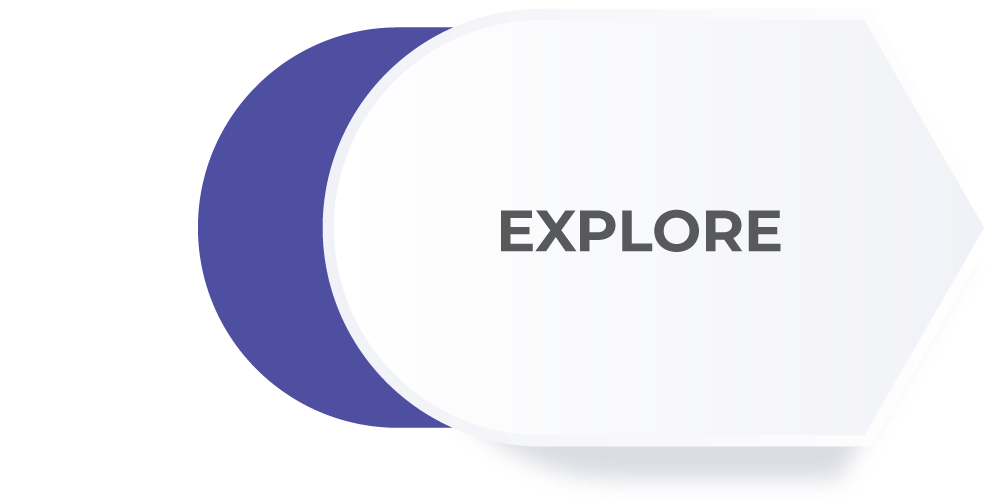
Organizations explore best practices and look to industry benchmarks to guide direction and prepare for action.

Organizations explore best practices and look to industry benchmarks to guide direction and prepare for action.
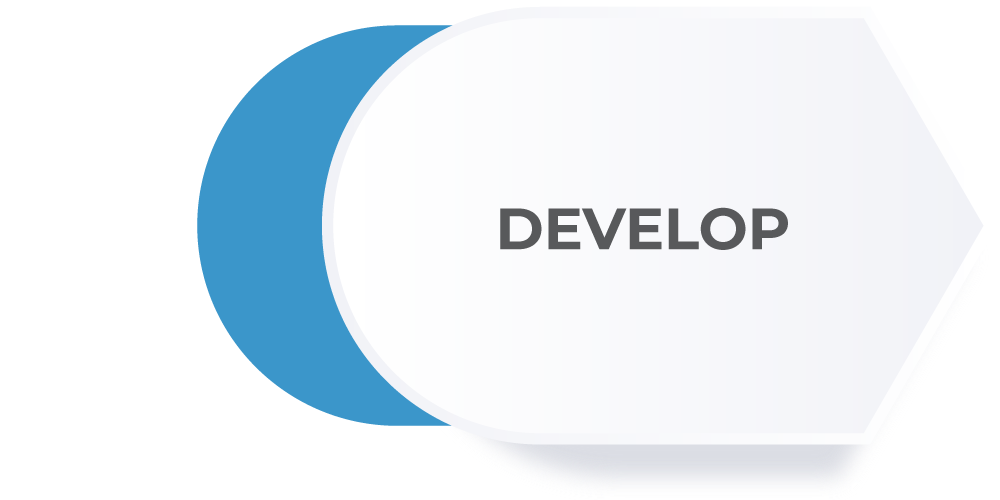
Organizations develop action plans and mobilize necessary people and resources.

Organizations develop action plans and mobilize necessary people and resources.
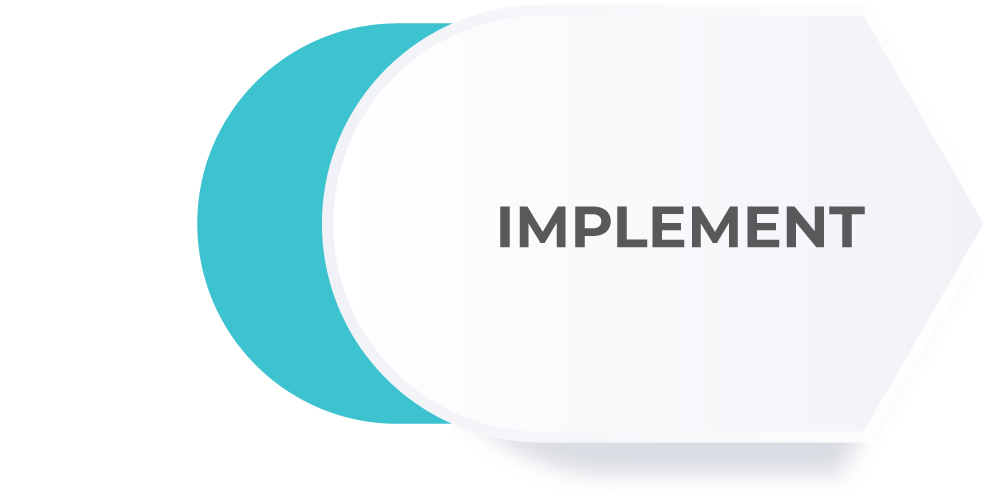
Organizations implement action plans and begin to collect necessary data for future iterations that inform long-term strategy.

Organizations implement action plans and begin to collect necessary data for future iterations that inform long-term strategy.
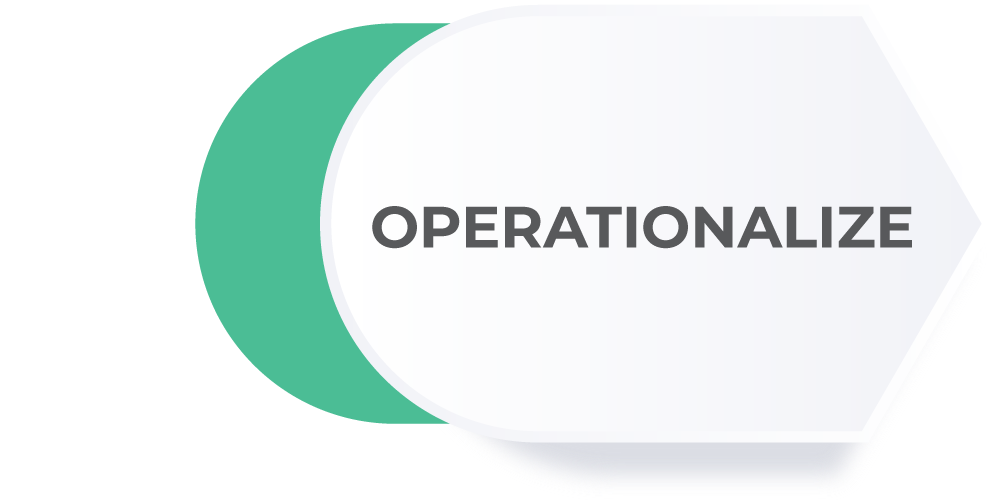
Organizations operationalize actions, expectations and accountability by embedding them into systems that meaningfully measure the impact.

Organizations operationalize actions, expectations and accountability by embedding them into systems that meaningfully measure the impact.
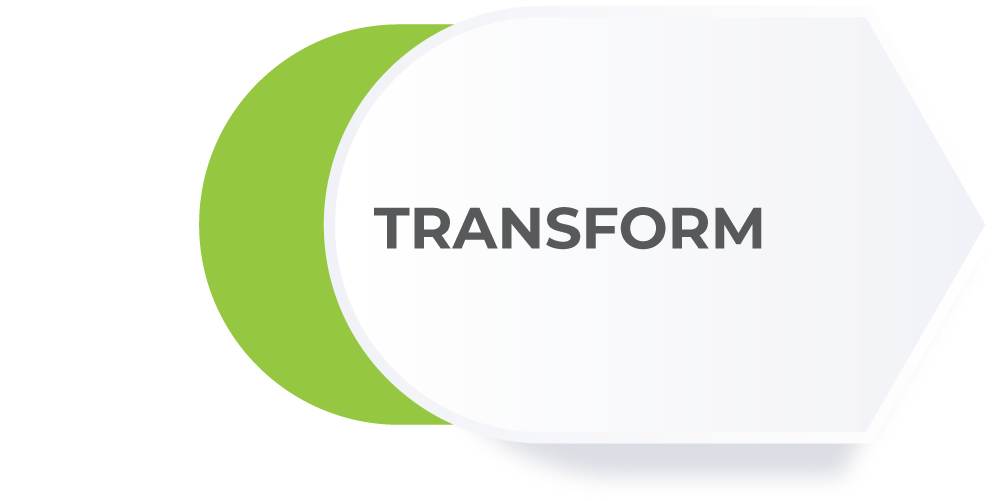
Organizations focus on continuously revising long-term strategy and transform into benchmarks for the industry.

Organizations focus on continuously revising long-term strategy and transform into benchmarks for the industry.
Continue to Getting Started


